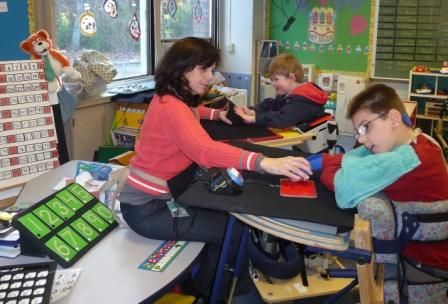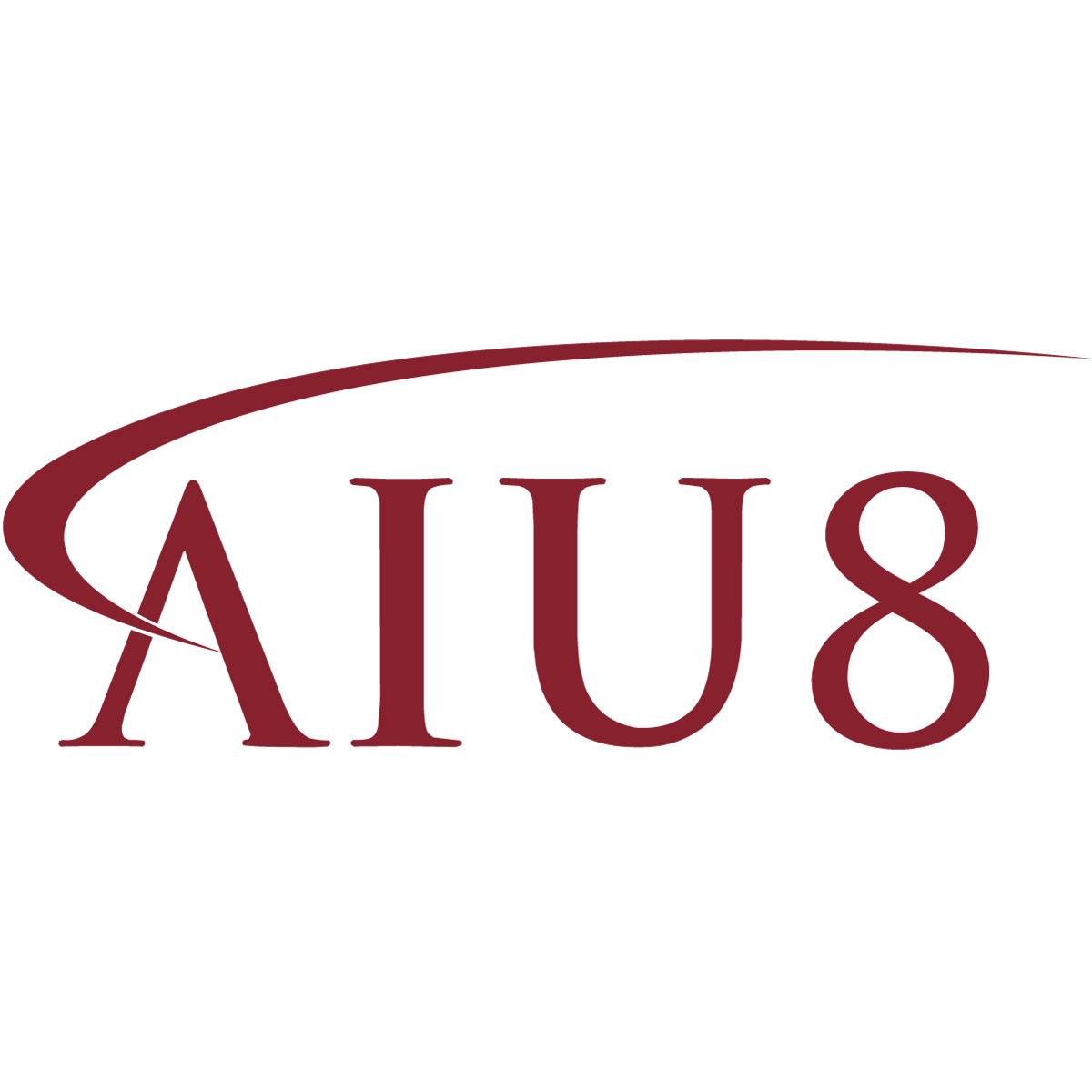FOR QUESTIONS OR INFORMATION PLEASE EMAIL OR CALL:
DR. SONIA SCHILLING-MANSOUR
Supervisor of Special Education Programs
Email Sonia
Office: 814-472-7690 Ext. 4314
MULTIPLE DISABILITIES SUPPORT

Students who qualify for special education services in the areas of Multiple Disabilities Support as determined by an Evaluation Report and their IEP team, have multiple impairments (such as intellectual disability-blindness, intellectual disability-orthopedic
impairment, etc.), the combination of which causes such severe educational needs that cannot be accommodated in a special education program solely for one of the impairments. Students eligible for multiple disabilities support face a wide range of challenges. These can include delayed speech and communication skills, limited mobility and a need for assistance
in performing everyday activities. Medical conditions such as seizures can accompany multiple disabilities.
Students in need of a Multiple Disabilities Support Classroom will have instructional needs that cannot be fully met by the general education curriculum alone. IEP teams must worktogether to develop a meaningful and individualized curriculum for each student. A collaborative team model is utilized in which the expertise of various related service therapy providers which might include Speech and Language Therapists, Physical Therapists,
Hearing and Vision Teachers and Occupational Therapists work in coordination with the classroom teacher to plan and implement instruction and monitor progress.
Programming for Students in a Multiple Disabilities Classroom
Multiple Disabilities Teachers instruct students in small groups or individually within the MDS classroom.
Multiple Disabilities Programs are included in regular school buildings with many students participating with their peers in appropriate classes and school activities.
Direct Instruction is provided in the content areas of Reading, Math, and Science.
A major focus of instruction is on developing communication skills. AAC and other adaptive
devices are used throughout the school day.
Functional life skills are taught including social skills, dressing, toileting, eating, and following directions to complete other basic tasks of life.
RESOURCES
PaTTAN develops and disseminates a wide variety of material to support those involved in educating students with disabilities and to support their families. These include print publications focusing on various disabilities, explaining special education law, rights and responsibilities, and effective research-based instructional practices.
Alternate Eligible Content represents a reduction in breadth, depth, and level of complexity of the Eligible Content such that it is appropriate for the students with the most severe cognitive disabilities while still ensuring access to the general education curriculum. They are meant to help teachers plan instruction aligned to state academic and content standards and complement the teaching of functional life skills. A series of webinars related to a statewide initiative to expand the knowledge and skills of educators to support instruction of the AEC can be found on the PaTTANwebsite.
The Bureau of Special Education (BSE)is committed to educating students with complex support needs.
Council for Exceptional Childrenis the largest international professional organization dedicated to improving educational outcomes for individuals with exceptionalities.
